Policy Briefs
Founded in 2014, GIJTR has worked with partners in 80 countries, fostered over 500 grassroots projects and engaged more than 800 local civil society organizations in building capacities and laying the groundwork for community-wide participation in transitional justice processes. See below our policy briefs which share key facts from our work.
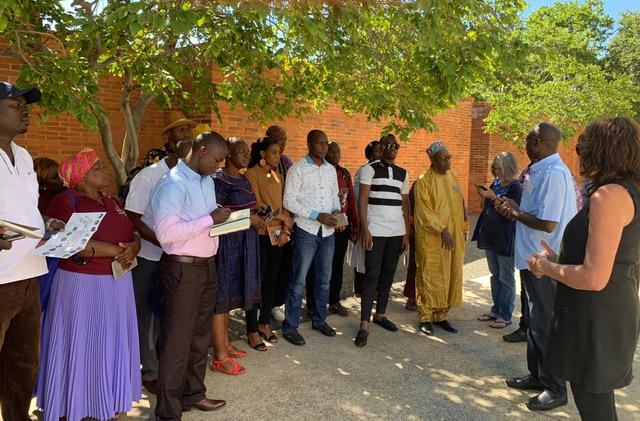

Addressing the Bidirectional Relationship Between Environmental Changes and Conflict in Post-Conflict Societies
This policy brief aims to shed light on the complex, bidirectional relationship between environmental changes and conflict, emphasizing the importance of integrating environmental considerations into transitional justice processes.

Consitution-Drafting and Transitional Justice
These best practices and lessons learned are intended to serve as a guide only. They have been compiled following independent research and workshops with experts with experience and expertise in both constitution drafting and transitional justice. They should not be relied upon as rules that must be applied in every situation. The best practices and lessons learned have been grouped according to key themes for convenience.
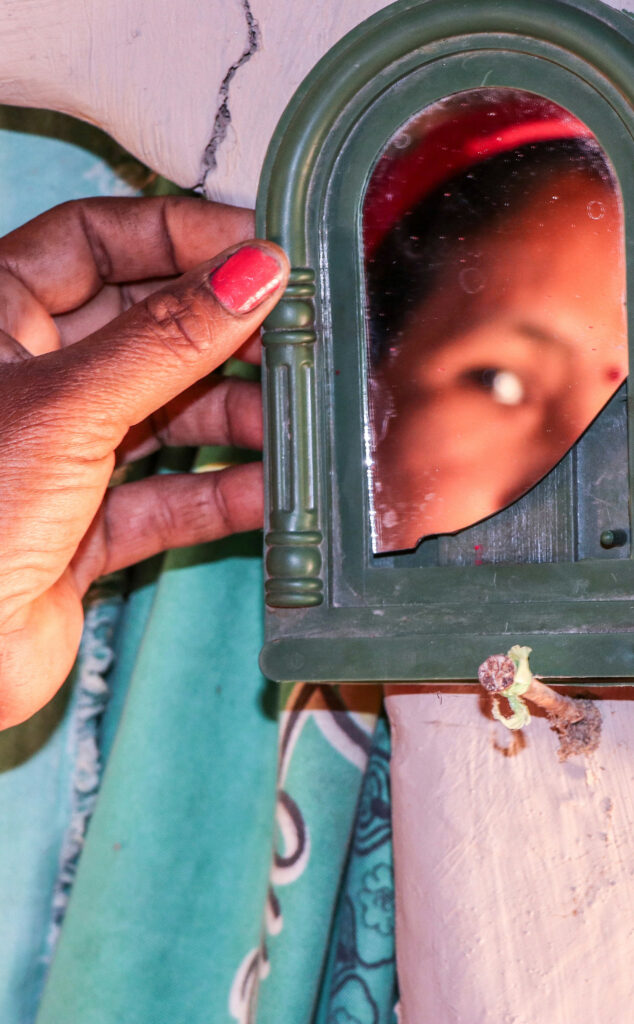
Lessons Learned from Armed Conflicts in Colombia and Guatemala to Prevent Violence Against Girls and Women
In recent conflicts in Colombia and Guatemala, sexual violence was used as a weapon of war for control and intimidation of women and communities – with several forms of sexual violence that remain unpunished today. This policy brief identifies lessons learned from the experiences of both countries in the prevention of sexual violence and violence against women and girls.
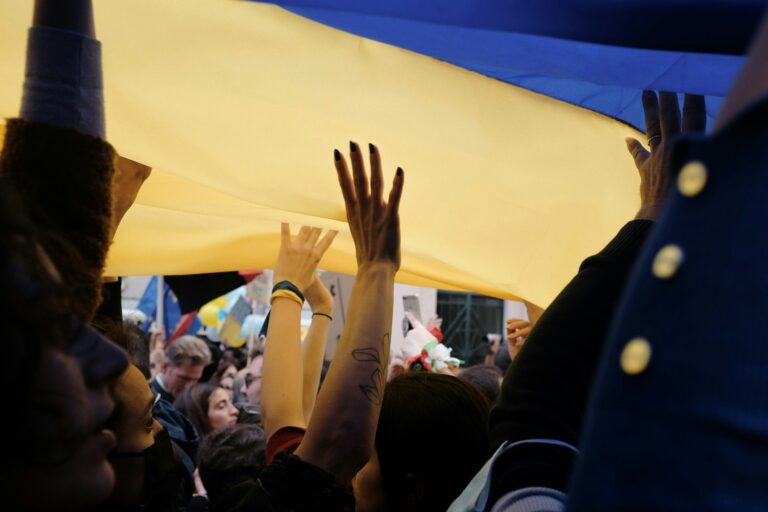
Strengthening Accountability for Survivors of CRSV in Ukraine
Published in February 2024, this policy paper seeks to promote coordinated civil society action to investigate, document and ensure accountability, including with respect to conflict-related sexual violence (CRSV), and to enhance civil society capacity in this regard.
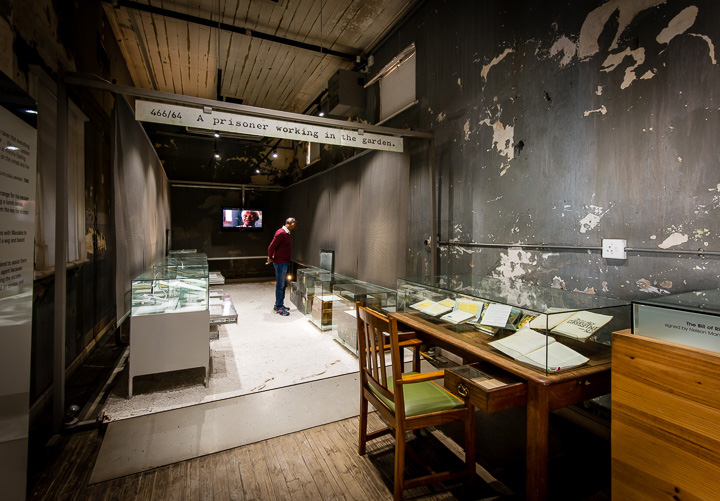
Wounded Leaders and Wounded Leadership
This policy brief discusses the concept of wounded leaders and leadership and how the work of transformation and effective leadership is undermined when leaders take up positions of authority without being aware of their own past traumas and thus making decisions based on their woundedness. There is thus a need for leaders to become more self-aware in regards to their own traumatic experiences and undergo a healing process to address their trauma if they are to lead effectively and become carriers of peace and prevent cycles of atrocity.
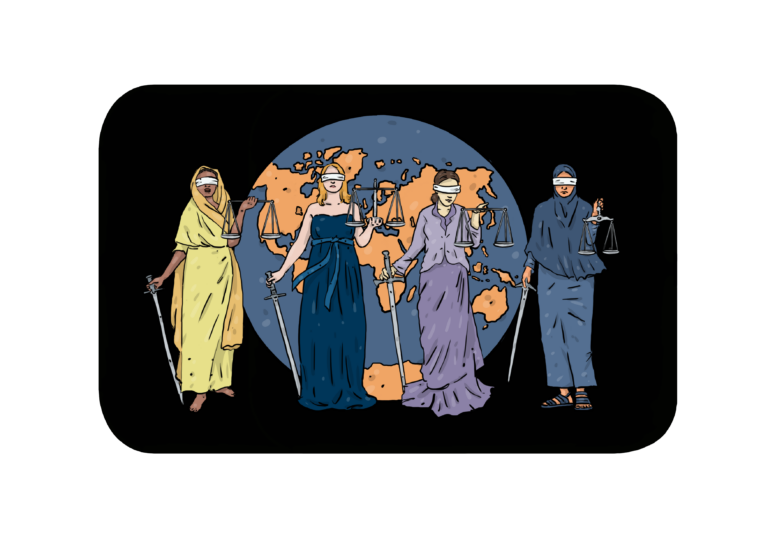
Understanding Racism as a Risk Factor in Atrocity Crimes
The research carried out by GIJTR partners in five countries show that racism, discrimination and injustice is inextricably linked to historical, economic and social factors. Therefore, addressing racism, racial injustice and racial discrimination will require a collective effort from various stakeholders, and a multi-pronged approach that involves policy and legislative reform, education and awareness raising, economic empowerment, reconciliation and racial healing for affected communities.
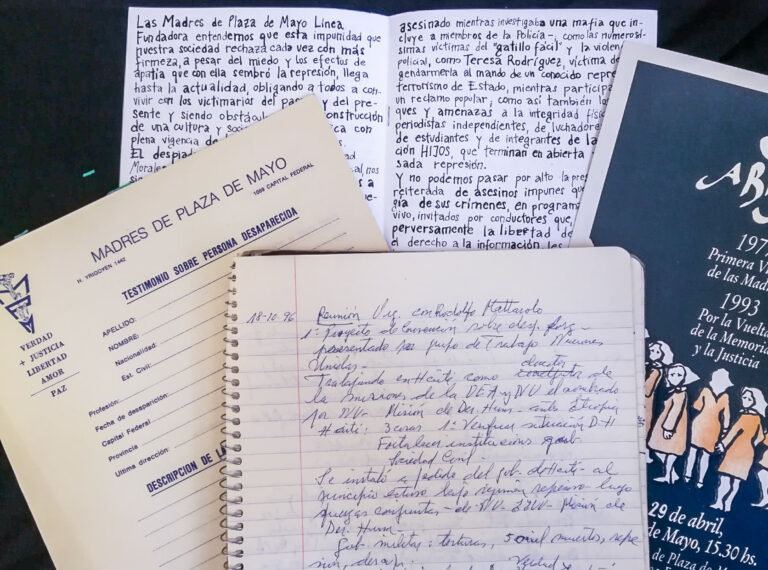
The Role of Archives in Atrocity Prevention
People have the collective right to the integrity of their memory, access to the truth, identify those responsible for crimes, know the fate of disappeared relatives, obtain rehabilitation of victims, know their data (habeas data), conduct historical research, benefit from amnesty for political prisoners, and receive reparation, compensation, and restitution of property. In the context of prevention, archives contribute to these multiple needs. In order to counter atrocities more effectively, it is necessary to strengthen and expand the use and protection of archives.
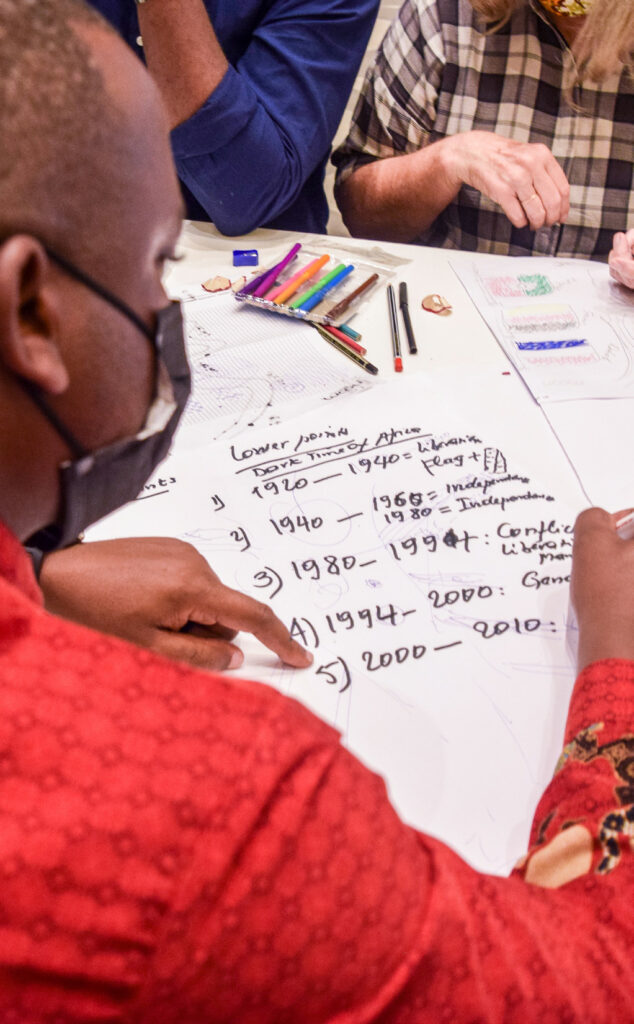
The Role of Psychosocial Support in Building Healthy, Resilient Communities in Africa
Psychosocial support plays an integral role in building healthy and resilient communities and societies. When integrated into broader transitional justice and prevention processes, mental health and psychosocial support interventions facilitate healing for victims and communities affected by conflict and help restore dignity and resilience for individuals and communities alike. Broader transitional justice interventions and prevention efforts also benefit from individuals, communities, and societies being fully healed.
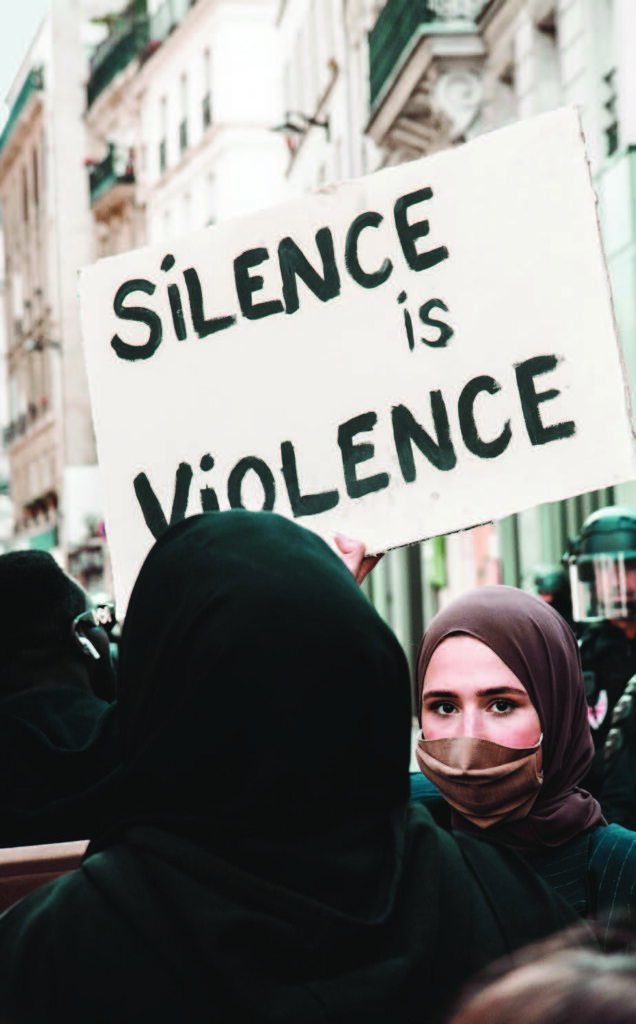
Media and Transitional Justice
Using lessons learned from the work of the Global Initiative for Justice, Truth and Reconciliation, this policy brief gives an overview of the opportunities and challenges that arise around media coverage of transitional justice processes, and recommendations for activists who wish to engage with journalists and less traditional media figures around issues of memory, truth and justice.
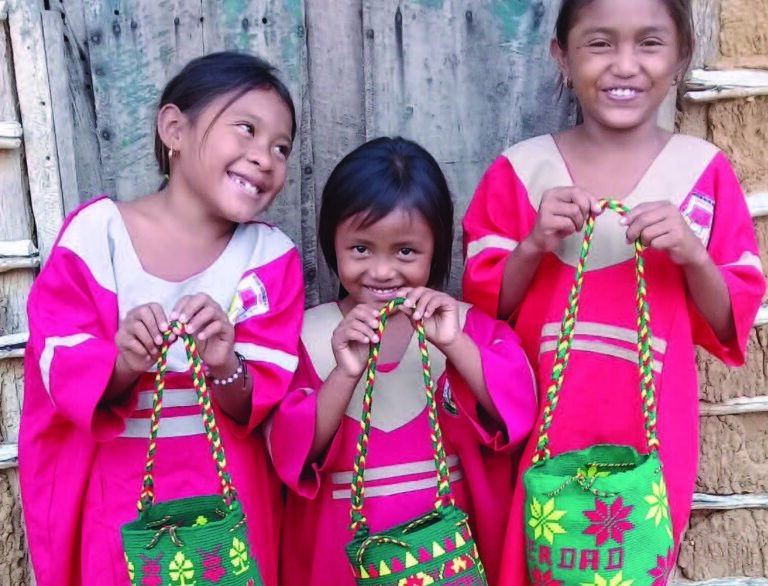
Arts and Transitional Justice
The arts, and cultural initiatives more generally, can play a key role in victim-centered transitional justice processes, not only because of their ability to reach broad audiences, but also because of their capacity to integrate groups of victims into the production of truth narratives, strengthening the legitimacy of more formal transitional justice processes.
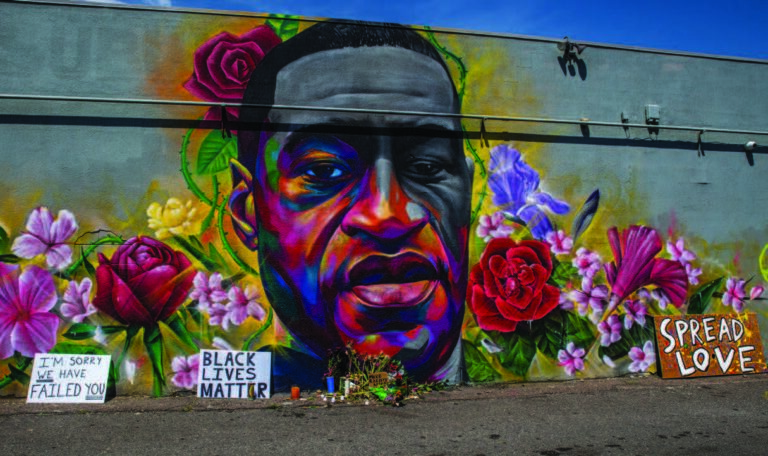
Racism, Ethnicity and Transitional Justice
Renewed attention to the causes and consequences of global systemic racism has revealed the contemporary human rights system’s failure to address historical legacies of racism and colonialism, as well as institutions and policies that have perpetuated racial subordination. Transitional justice mechanisms introduced in conflict, post-conflict and authoritarian contexts have similarly relegated racial discrimination to a secondary issue, rather than confront it head-on which has contributed to the recurrence of atrocities in several parts of the world.
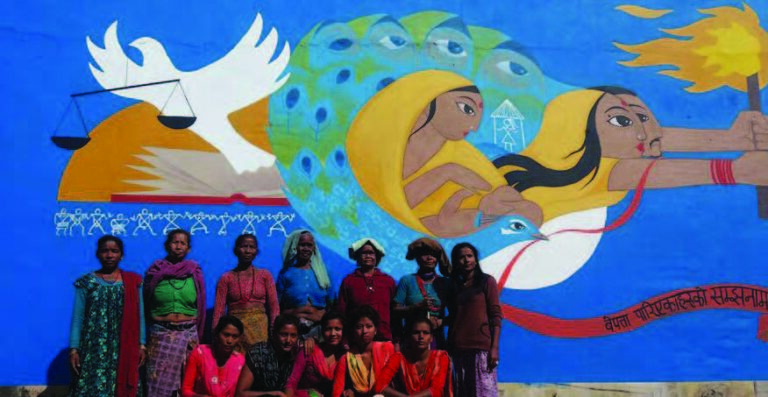
From "Gender Sensitive" Transitional Justice to Gender Inclusivity
Grounded in lessons learned from the work of the Global Initiative for Justice, Truth and Reconciliation (GIJTR), this policy brief recommends ways for state-led mechanisms, civil society organizations and donor institutions to meaningfully adopt a gender-inclusive approach to transitional justice by centering the multiplicity of women’s realities during and after periods of conflict or oppression.
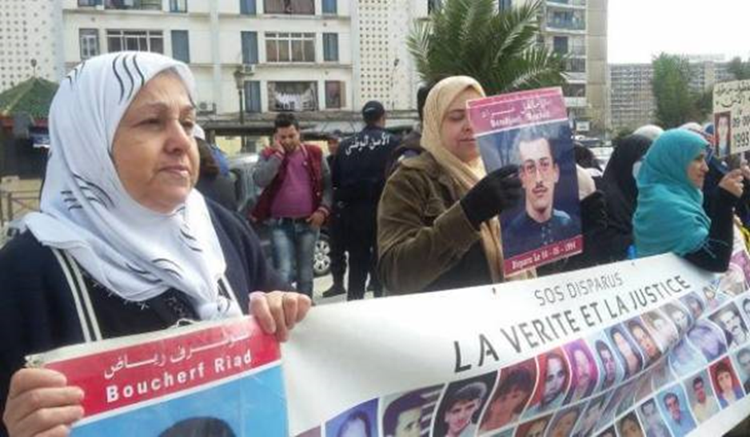
Mapping Commemorative Cultures, Best Practices and Lessons Learned
GIJTR project partners drafted a policy paper aimed at multiple transitional justice stakeholders to draw on and highlight important lessons learned from the local CSOs' research for the case study documents and underscore memorialization processes as an essential component and key pillar of transitional justice.
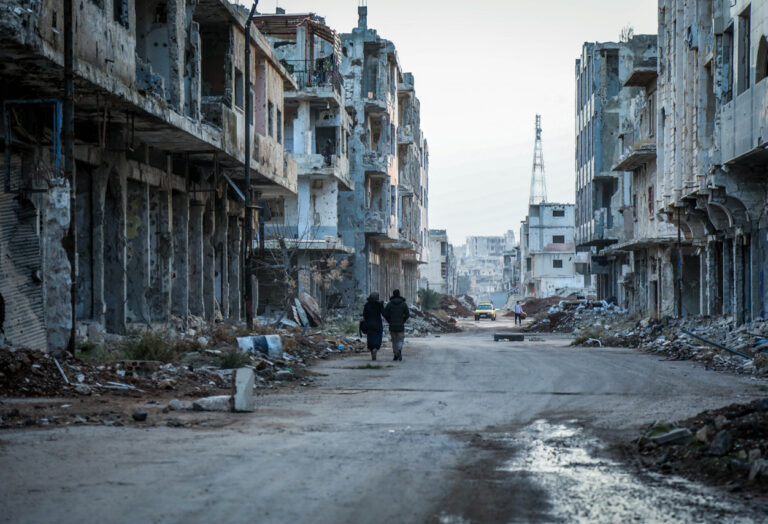
Forced Migration and Transitional Justice
This research brief presents recommendations for integrating forced migration and its victims into transitional justice processes. Based on research conducted in partnership with forced migrant communities in The Gambia, Sudan, Syria, and Bangladesh/Myanmar, the recommendations provide guidance for national and international policymakers and civil society actors working at the nexus of transition and migration. Download your preferred language below:
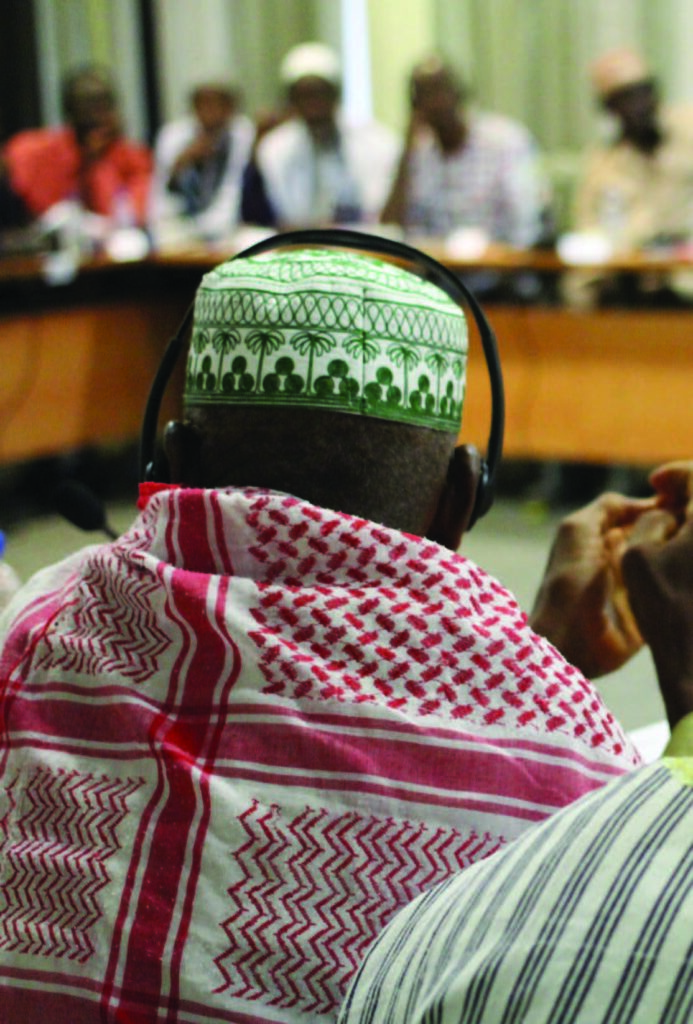
Religious Leaders and Transitional Justice
The inclusion of religious leaders in transitional justice processes can lead to more widespread acceptance and greater impact. Rather than assuming that religious leaders will act as figureheads, policymakers should consider the wide array of innovative roles that faith-based actors can play in supporting transitional justice goals while recognizing the potential risks associated with their involvement.
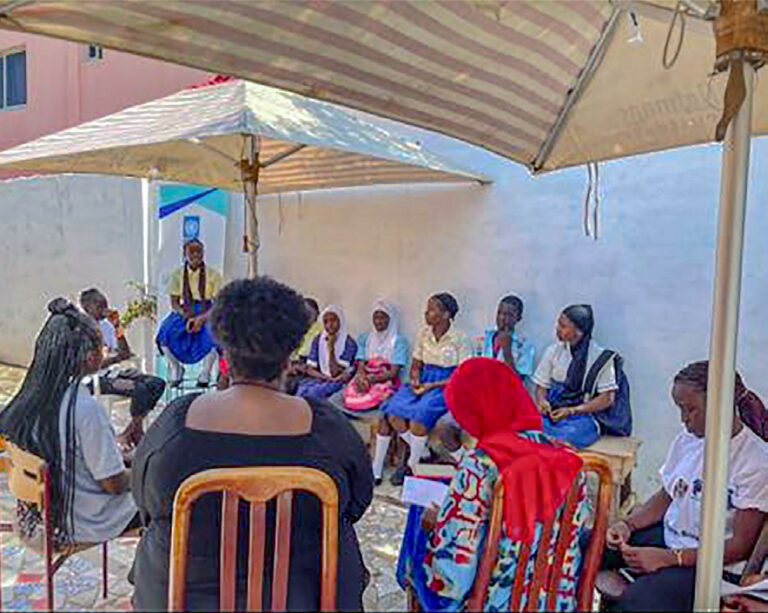
Civil Society and Transitional Justice in The Gambia
This practice brief outlines civil society’s role and lessons learnt in The Gambian TJ process, which may be useful to practitioners operating in similar contexts. Based on interviews with key civil society actors conducted in late 2022, it looks at the experiences of civil society organizations (CSOs) that existed before the TJ process and those formed during it, as well as their engagements with regional and international partner organizations.
